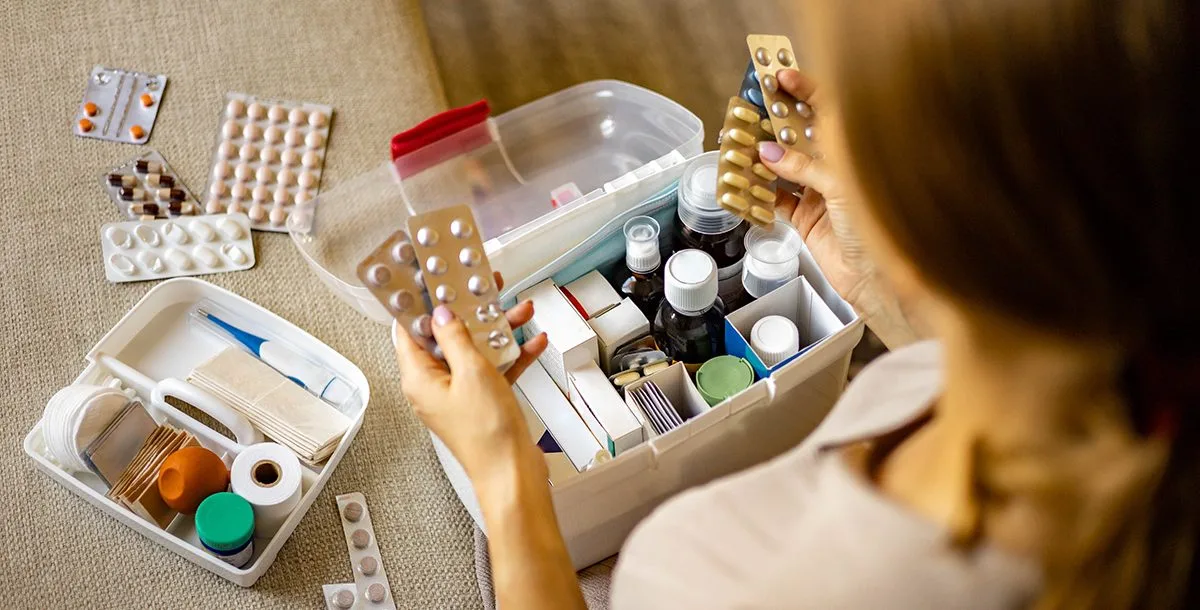Proper Medicine Storage: Keeping Your Medications Safe and Effective
Ensuring the effectiveness of medications, whether for minor ailments or serious conditions, hinges significantly on proper storage. The way medicines are stored can impact their potency and safety. This guide outlines the crucial aspects of storing medications correctly to safeguard your health.
Ideal Storage Conditions
The key to preserving medications is maintaining a cool and dry environment. Excessive heat and moisture can degrade the active ingredients in drugs, rendering them less effective or even harmful.
- Temperature: Aim for a consistent temperature, ideally between 68°F to 77°F (20°C to 25°C). Avoid storing medications in places prone to temperature fluctuations.
- Humidity: Keep medicines away from humid areas such as bathrooms, kitchens, and laundry rooms. Humidity can cause pills to break down and liquids to become diluted.
Best Practices for Medicine Storage
Follow these tips to ensure your medications remain in optimal condition:
- Original Containers: Always store medications in their original containers. These are designed to protect the medicine from light and moisture, and also contain important information like expiration dates and dosage instructions.
- Out of Reach: Keep medicines out of reach of children and pets. Consider using child-resistant containers or storing them in a locked cabinet.
- Away from Direct Sunlight: Sunlight can degrade medications. Store them in a dark, enclosed space like a cupboard or drawer.
- Check Expiration Dates: Regularly review the expiration dates on your medications. Dispose of any expired drugs safely, following local guidelines.
Locations to Avoid
Certain locations in your home are not suitable for storing medications:
- Bathrooms: High humidity levels make bathrooms a poor choice.
- Kitchens: Temperature changes from cooking and dishwashing can affect medications.
- Cars: Extreme temperatures inside vehicles can quickly degrade medicines.
Traveling with Medications
When traveling, keep medications in a carry-on bag to prevent exposure to extreme temperatures in the cargo hold. Also, ensure they are properly labeled and, if necessary, carry a prescription or doctor’s note.
Final Words
By adhering to these guidelines for proper medicine storage, you can help ensure the safety and efficacy of your medications, contributing to better health outcomes for you and your family. Always consult with a healthcare professional or pharmacist if you have any questions or concerns regarding medication storage.




+ There are no comments
Add yours